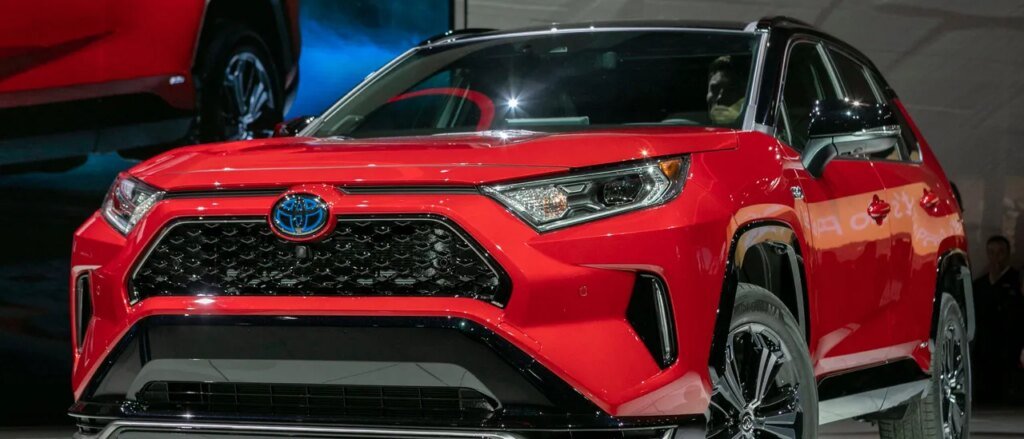Congress Moves to Preserve AM Radio in Vehicles
Congress is stepping up to ensure that the interests of consumers, particularly regarding privacy and safety, aren’t sidelined by the auto industry, which benefits significantly from federal support.
In a notable vote of 50 to 1 in late September, the House Energy & Commerce Committee aligned with the Senate Commerce, Science, and Transportation Committee on a bill regarding AM radio in vehicles. This legislation comes in response to some automakers’ decisions to remove AM radios from new models, despite strong objections from public safety advocates.
Corey Lewandowski, who managed Trump’s 2016 campaign and is involved in the current ones, expressed concerns, saying, “We want to force consumers to use infotainment devices that collect and sell third-party data.” This sentiment encapsulates the ongoing tension between consumer technology and vital safety measures.
There’s strong bipartisan support for the bill, with over 300 cosponsors in the House, making it virtually filibuster-proof in the Senate. It’s clear that Congress is not in favor of the auto industry’s moves in this regard.
The public safety community—spanning federal, state, and local levels—asserts that keeping AM radio in cars is crucial for maintaining access to emergency services. Historically, AM radio has been a reliable communication tool during disasters like September 11 and Hurricane Katrina.
Brendan Carr, the current FCC chair, emphasized this need, stating that millions rely on AM radio for local news and emergency updates. He referenced how survivors of Hurricane Helen received lifesaving information through AM radio post-disaster.
Moreover, AM radio serves a crucial role that, it seems, the tech-savvy elites often overlook. It connects rural and working-class Americans, who depend on it for local news, weather updates, and community events. In many small towns, AM stations serve as vital links, often outperforming more expensive streaming services or sporadic cell coverage. The potential removal of AM radios sends a signal to these communities that they might be disregarded.
Yet, amidst widespread support—within Congress, the administration, and the public safety sector—there are obstacles. The MusicFirst Coalition, backed by the recording industry, seeks to block the law unless tied to unrelated music reforms, complicating the situation further.
Despite these hurdles, the bill has passed both committees with strong backing, and now faces the final tests on the House and Senate floors.
This debate isn’t just about a radio signal; it raises deeper questions about whether Americans have to sacrifice safety for corporate benefits. Issues of data privacy also loom large, as automakers and tech companies may prioritize infotainment systems that gather personal information. In contrast, AM radio remains a straightforward option that doesn’t compromise user privacy. It doesn’t shut down during power outages and doesn’t profit at the expense of people’s safety.
For the sake of both public safety and individual freedoms, Congress must ensure that AM radio stays active in vehicles.







